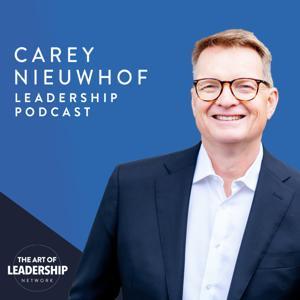Jeff Walton has been ably serving as the Anglican Director of the Institute for Religion and Democracy for many years. He has helped me to stay abreast of developments in Anglicanism around the world through many helpful articles. With all of these developments around their bishops in the ACNA, GAFCON, and Canterbury, I thought it might do me well to make sure I’m understanding things correctly.
Long story short, communal life in Christ is messy. Methodists and Anglicans have a lot in common. I think that, by learning about them, believers in other tribes can also learn to see themselves rightly.
I have had the joy of visiting with solid Anglicans like Gerald McDermott, Joshua Nelson, David Roseberry, and Daniel Hixon. Walton is no exception to the trend I have noticed: Anglicanism has some very solid godly men at all levels of leadership. Take some time to learn from him.
Links:
‘Juicy Ecumenism,’ Blog of the IRD - https://juicyecumenism.com/
‘Anglican Unscripted,’ Podcast Pertaining to Anglicanism - https://www.youtube.com/playlist?list=PL7p2AAcz9AHjy1NxCjdTpL1uPhtgA40Be
Arlie Coles Website - https://livingchurch.org/author/acoles/
Get full access to PlainSpoken at plainspokenpod.substack.com/subscribe



























